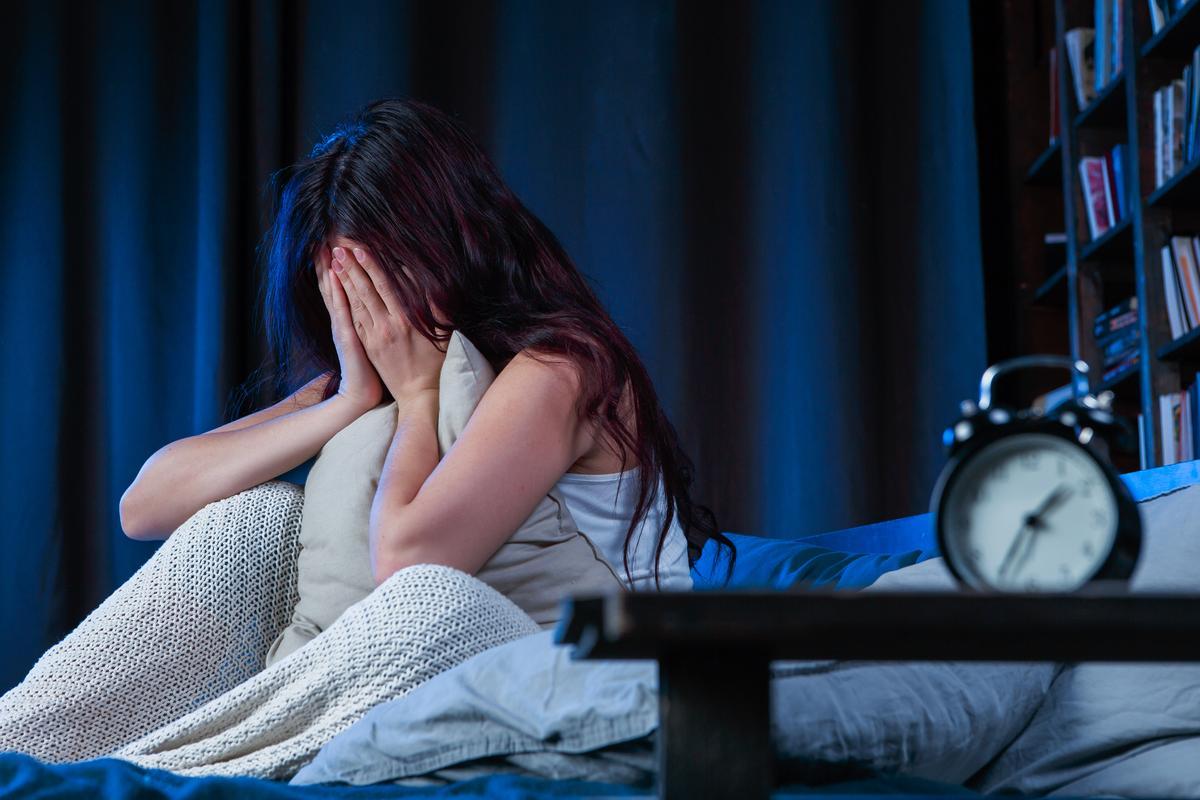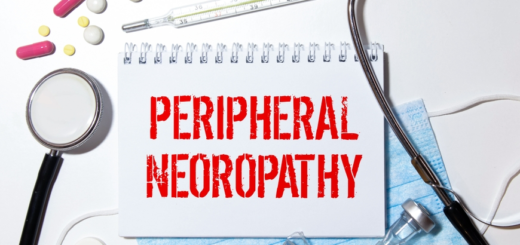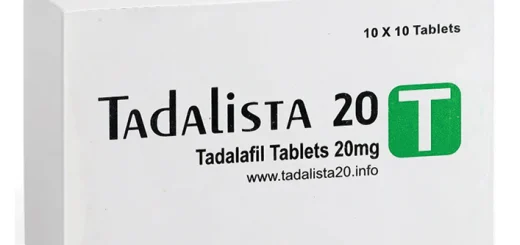Understanding Paradoxical Insomnia

That is because always actions and not words, are always trusted!! When you say you’re sleep deprived, yet you’re perfectly focused and charged all day…
Who would actually believe it??
This situation is a type of insomnia that not everyone is aware of themselves!! Paradoxical insomnia.
Yes, you heard it right! This is something that you need to know!
Paradoxical insomnia is considered a subtype of chronic insomnia. In paradoxical insomnia, you feel as if you aren’t able to fall asleep or aren’t obtaining adequate sleep, and it may persist for months or years.
However, what you feel conflicts with what’s observed during a sleep study. These studies typically use a device to measure how well and for how long you slept. In paradoxical insomnia, the device usually shows that you slept for most of the night and did indeed sleep soundly.
In chronic insomnia, the same test would show that you didn’t sleep soundly. Fatigue and excessive daytime sleepiness are also typically more pronounced in insomnia, which is considered a true sleep deficit.
Symptoms of paradoxical insomnia
Since this type of insomnia is closely unrecognized and you need to properly get a gist about what are the symptoms of paradoxical insomnia.
Symptoms that you may experience in paradoxical insomnia include the following:
- unrefreshed sleep
- feeling like you were awake most of the night
- constant thoughts or rumination while attempting to sleep
- daytime sleepiness
- constant awareness of your surroundings while attempting to sleep
- trouble functioning at work or socially
Can we proceed further and figure out what can be the possible treatment options for paradoxical insomnia?
Currently, there are no possible accepted treatment guidelines for paradoxical insomnia. However, it’s theorized that a combination of the following might be effective:
- medication
- psychotherapy
- sleep education
Medications for insomnia typically include sedative and hypnotic agents, which aim to help you either fall asleep or stay asleep. They can, however, be addictive, which is one reason why therapy is typically recommended first.
Common medications for insomnia include:
- melatonin
- eszopiclone (Lunesta)
- zaleplon (Sonata)
- zolpidem (Ambien)
- ramelteon (Rozerem)
- mirtazapine (Remeron)
Cognitive behavioral therapy is a type of psychotherapy sometimes recommended for paradoxical insomnia. There isn’t much research to support its effectiveness. However, it’s a reasonable recommendation given that it can help restore healthier beliefs and perspectives around sleep.
Sleep education may also be helpful for some people. This can include education about sleep hygiene and a discussion of the findings recorded during sleep studies. Together, these topics can help you create better nighttime routines and understand the true impact of your sleep quality.
Is paradoxical insomnia dangerous?
Paradoxical insomnia is not dangerous but it may b actually emotionally challenging. A person may feel frustrated with their perceived insomnia.
The disorder can also lead to disagreements with others, such as family and friends who watch the individual sleep normally or doctors who evaluate the results of a sleep study. If the person refuses to accept their diagnosis, they may seek treatment for an illness they do not have.
In some cases, paradoxical insomnia may need the usage of sleeping medication. However, because the individual does not suffer from sleeplessness, the prescription is unnecessary. However, if the individual’s insomnia does not improve, they may continue to use the medicine in a futile attempt to “cure” the illness. This may result in addiction or pharmaceutical side effects.
People who have difficulty sleeping should let their doctor know and ask for a referral to a sleep specialist. Chronic insomnia can negatively affect their physical health and mental well-being. Getting treatment is important.
The first-line recommended treatment for insomnia is behavioral modifications with CBT-I. In some cases, medication is also necessary.
DORAs are a type of sleep medication that reduce wakefulness. Evidence suggests they may help people fall asleep, stay asleep, or both.
More research is necessary to learn how the potential benefits and risks of DORAs compare with those of other insomnia treatments.
[WPSM_AC id=5408]






